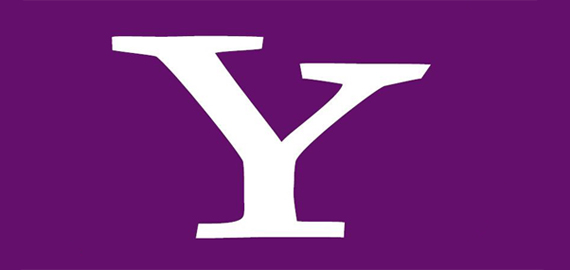Why Is The Yahoo/Microsoft Ad Deal Going Wrong? Advertisers Share Their Views
Last week’s Yahoo earnings report showed another decline in search revenues for the once-strong search player, and it’s blaming the latest figures on the Microsoft relationship. Is this right? What could they do better to attract marketers, and more of their dollars, to the search alliance? I reached out to a few folks who live […]

Poor Traffic Quality
The most common factor cited for lower revenues was the poor quality of Yahoo traffic, especially from the company’s partner network.
“The emerging reality [is] that the depth and quality of Yahoo Search traffic is less than we had been led to believe,” Andrew Goodman, founder & principal of Page Zero Media, told me. “Many of us knew this all along.”
When marketers were going to Yahoo directly, rather than via Microsoft adCenter, they didn’t have the option of opting out of the syndication network — now they do. The consensus seems to be that this is one factor keeping Yahoo’s revenues from being what they once were. (Not to mention the loss of paid inclusion revenue.)
Lower Clicks Per Query
Another factor is that Yahoo sees lower clicks per query than Google, which marketers attribute to matching problems, ad layout, and stricter ad serving policies.
“The clicks from adCenter have never been inline with its query share,” notes Brad Geddes, founder of Certified Knowledge. “If you examine the latest numbers, clicks from Google search (ignoring the display network for the moment) should only be 2.5 times that of Bing. Yet, Google has usually been 5-10x, or even greater than that, of Bing for many advertisers.”
From an advertiser standpoint, however, this may not be a bad thing at all.
“It is important to note that “revenues” for a search engine mean ‘cost’ for an advertiser,” said Harrison Magun, senior vice president for paid media and analytics solutions at Covario. “While any search engine, from a financial perspective, would certainly like to increase click volumes on higher-cost keywords, it is to an advertiser’s advantage to be able to achieve high click and conversion rates at lower costs.”
Sid Shah, Senior Director of Business Analytics at Efficient Frontier, agrees. “In the short run the RPS [revenue per search] will drop but RPC [revenue per click] has gone up,” he said. “In the long run this is better for both advertisers as well as consumers.”
Time Will Tell
The challenge of integration also seems to be contributing to the sense of disappointment in Yahoo’s earnings numbers. The companies may simply have been too optimistic about how quickly they could achieve their expected revenue goals, given the difficulties involved with two large companies working together.
“On paper, the lines were supposed to be drawn clearly as to who would manage advertiser and agency accounts, but in reality, many advertisers have faced instances of alliance infighting or simply Keystone-cops-like execution of basic relationship and integration matters,” says Goodman. “This is unsurprising; both are proud companies, and individual jobs remain at stake.”
Marketer Optimism
When I reached out to Microsoft about some of these issues, the company seems to be aware of concerns, and to be working on many of the problems perceived by advertisers. In a statement attributed to David Pann, General Manager for the Search Network, Microsoft said:
We remain confident about the benefits of our combined search marketplace, and we are working very closely with Yahoo on an aggressive roadmap to improve RPS through better monetization, relevance and advertiser-facing tools. We continue to see progress and are encouraged by the positive results we’ve seen in advertiser ROI, query share and click-through metrics.
They’re not the only ones who are encouraged. Marketers, too, remain positive about the search alliance’s place in the marketplace, and the value that Yahoo and Microsoft bring to the table as a competitor to Google.
“All of these issues are solvable,” said Geddes, “and most of us are rooting for Bing to create a great product so that there is healthy competition in the paid search space; however, Bing must find ways of bringing more clicks (at the same ROI) to advertisers.”
Related stories
New on Search Engine Land